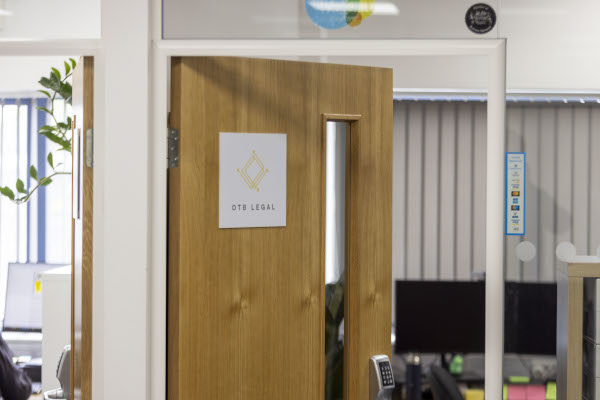We have received an increasing number of enquiries from employers who have been issued civil penalties for employing employees who do not have the right to work. Government figures show a significant increase in the number of penalties being issued. The calls that we receive also indicate that the Home Office are identifying illegal working by comparing Home Office data with payroll reports sent to HM Revenue and Customs.
Civil penalties are now up to £60,000 per employee. This can be reduced for a first offence, and if the employer co-operates with the Home Office. In most cases we see, the penalty is still £45,000 which can be reduce to £29,000 if paid within 3 weeks.
The best way to avoid a civil penalty is to have a robust system in place for carrying out right to work checks on all employees. This check should be done before they start work. For most employees, you will only need to conduct a right to work check once. The system must also identify those employees with a time-limited right to work so that you can carry out follow on checks when their leave is ending. If you have carried out your right to work checks correctly, then this will give you a statutory excuse if the worker’s right to work ends early, and reduce any civil penalty to £0.
However, as the case studies below show, even an organisation with a system in place can make mistakes. In these cases, it is important to take advice as soon as possible to find out if you should object to the penalty. We have been able to overturn a number of civil penalties that had been issued incorrectly.
Challenging Civil Penalties for Illegal Working: Case Study One
A business that supplied agency workers was issued with a civil penalty. They had a good system in place for conducting right to work checks. However, during the busy Christmas period they had missed a follow up check for one worker. That worker had worked a single shift after their visa had expired.
The Home Office identified this through payroll records filed with HMRC. This led to a civil penalty being issued to the agency that supplied the worker. The original penalty was £45,000 which could be reduced to £29,000 if paid quickly.
We took detailed instructions from the employer, and carefully reviewed their contractual documents. We were able to successfully challenge the penalty on the basis that there was no contract of employment between the agency and the worker. Following our objection, the Home Office cancelled the civil penalty entirely.
Challenging Civil Penalties for Illegal Working: Case Study Two
A business had an employee who had an ongoing application with the Home Office. The business obtained a positive verification notice (PVN) before the employee started work. However, the business mistakenly believed that they had a 28-day grace period from the date that the PVN expired to obtain a new one. As a result, there was a gap in their right to work checks when they were not covered by a statutory excuse.
This case was also identified through payroll records. The Home Office alleged that the employee had lost the right to work. However, reviewing the history of the case it became clear that the Home Office records were inconsistent and it there was evidence that the employee did still have the right to work. We corroborated this by speaking with the employee. This strongly suggested that the Home Office records were not accurate.
We objected to the penalty on this basis and our objection was upheld. The civil penalty was cancelled.
What if there is no basis to object to the penalty?
If you object to the penalty, but the penalty is maintained by the Home Office, it is possible to challenge it in the County Court. However, this can be expensive and time consuming. It is important to be realistic about the chances of this being successful.
If there is no ground to challenge the penalty, then you may be best served by paying the penalty early and taking advantage of the discount.
How can OTB Legal Help?
Our Business Immigration Team can advise you on the best option for you, based on your particular case. If you have received a civil penalty, you can book a free consultation with one of our advisers to discuss our services.

Contact Us
Not quite ready to book an appointment yet or unsure if it’s the right step for you? No worries! We understand that making decisions regarding legal matters can be daunting.
Reach out to our Client Care Manager, Rikki, who will be more than happy to assist you and guide you in the right direction.
Your peace of mind matters to us, and we’re here to support you every step of the way. Contact Rikki today for personalised guidance and assistance.

